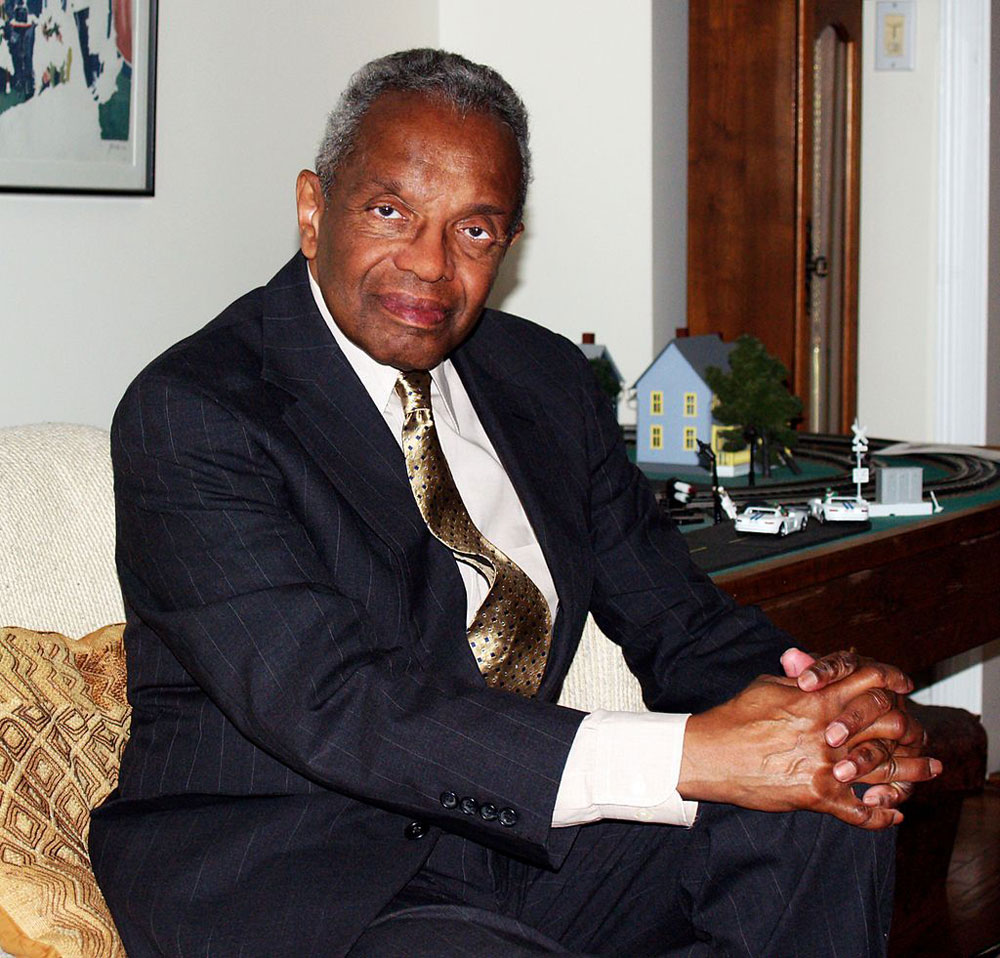
September 5, 2020; National Public Radio (NPR)
“The days of taxpayer-funded indoctrination trainings that sow division and racism are over,” Russ Vought, Director of the Office of Management, tweeted on September 4th in support of his new federal memo. His office’s two-page letter dictates that federal agencies halt all trainings that focus on topics such as racial bias, critical race theory, systemic racism, and white supremacy.
This announcement was made during the week where the United States is nearing the threshold of 190,000 deaths from the global COVID-19 pandemic, a crisis President Trump originally downplayed publicly while continuing to call the coronavirus “Chinese Virus” or “Kung Flu.” Recent Pew Research Center findings saw a 30-percent increase of racially charged incidents directed at Asian adults in relation to their ethnicity since beginning of the outbreak. Yet, these are racial correlations and patterns tied to longstanding historical trends, ones for which the White House and GOP leaders have consistently ignored responsibility.
Instead, the White House appears to wish to evade reflection on racism. So much so, that federal funding is now cut from fostering such discussions for employees, even calling these reflections “un-American.” Yet as Atlantic writer Ibram X. Kendi observes, “To say antiracism is anti-American is to say racism is American, which is to say Trump wants white Americans to be racist.”
The language used in the memo calls mere analysis of racism through a critical race or systemic lens as “divisive, false, and demeaning propaganda…the critical race theory movement is contrary to all we stand for as Americans and should have no place in the Federal government.”
The memo does not specify what press reports or trainings had sparked this cancelation, yet the announcement came soon after an interview with Discovery Institute Research Fellow Chris Rufo, which was aired on Tucker Carlson Tonight.
Experts believe expanding racial and diversity awareness trainings is influential in redressing the plethora of persistent racial inequities. Implementation of anti-bias training can take different forms, with many of them informed by critical race theory (CRT).
CRT at its heart aims to examine how race and racism are embedded in the legal and cultural systems around us. CRT has been around since the 1970s and has expanded from its origins in legal scholarship to span disciplines ranging from philosophy to history and sociology.
Sign up for our free newsletters
Subscribe to NPQ's newsletters to have our top stories delivered directly to your inbox.
By signing up, you agree to our privacy policy and terms of use, and to receive messages from NPQ and our partners.
In their work, CRT scholars, like Derrick Bell (who wrote “Racism lies at the center, not the periphery; in the permanent, not in the fleeting”), Alan Freeman, and Richard Delgado have aimed to highlight how racism is engrained into the fabric and systems of American society by examining existing power structures and challenging concepts like liberalism, meritocracy, and “color-blindness.” Contemporary CRT theorists such as Mari Matsuda and Patricia Williams have been immensely impactful. Executive director of the African American Policy Forum (AAPF) Kimberlé Crenshaw coined the term “intersectionality,” which is an examination of race, sex, class, national origin, and sexual orientation, and how these combinations interact across settings, roles, and communities, as well as within them.
Crenshaw recently posted in her reaction to the White House memo on Twitter:
So woke up to the news that CRT is banned as the greatest threat to Western Civilization. This is McCarthyism 101. I’ve often wondered what our allies would do when they came for us. Now we’ll see. https://t.co/AWG7mDXZEk
— Kimberlé Crenshaw (@sandylocks) September 5, 2020
This sentiment was shared by Kristen Clarke, executive director of the Lawyers’ Committee for Civil Rights Under Law. “We fail as a nation when we choose to BAN discussions about ongoing racism and violent white supremacy,” Clarke said.
It is unclear how the ban will be enforced, but the ban aligns with a president who consistently invests in public division, in this case ironically aiming to cancel federal discussion of race even while deriding so-called “cancel culture.”
The actions by the White House continue to sow divide across the country, amidst a deadly pandemic and contentious election. Sherrilyn Ifill, president of the NAACP Legal Defense and Education Fund, highlights the real-time risks: “Playing with racism is a dangerous game. It’s not that you can do it a little bit or do it slyly or do it with a dog whistle. It’s all dangerous, and it’s all potentially violent.”—Chris Cannito












